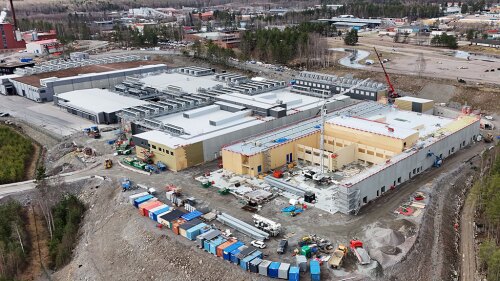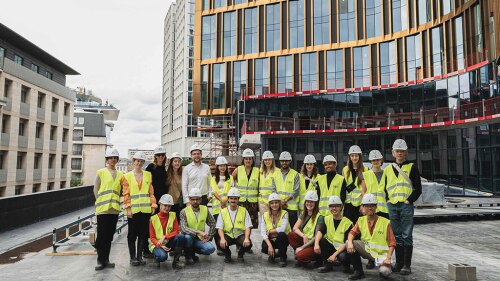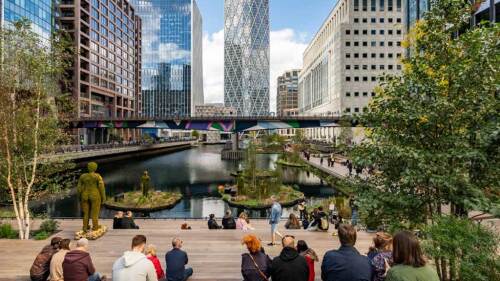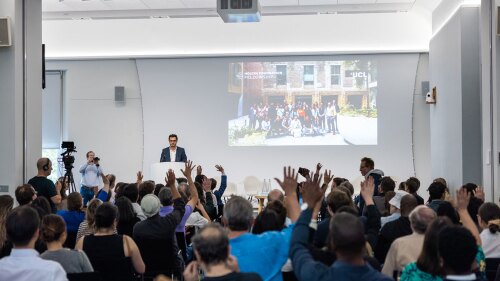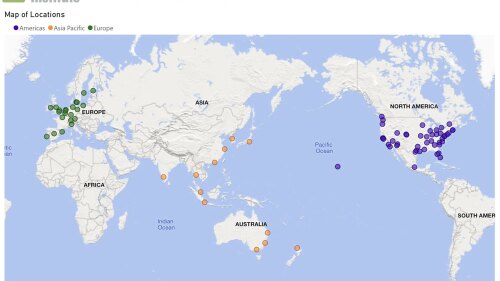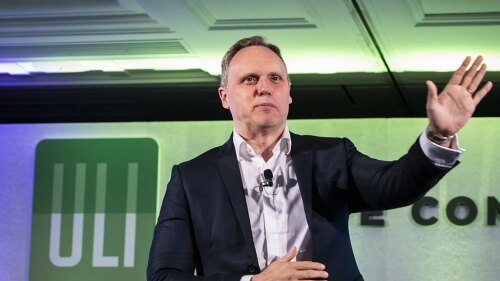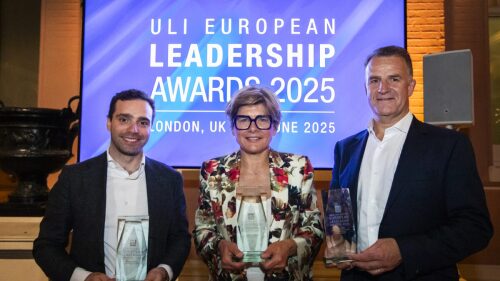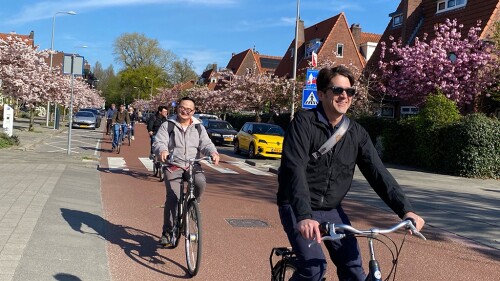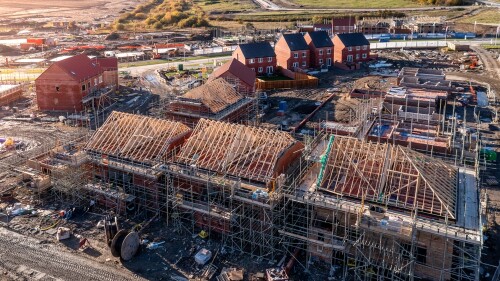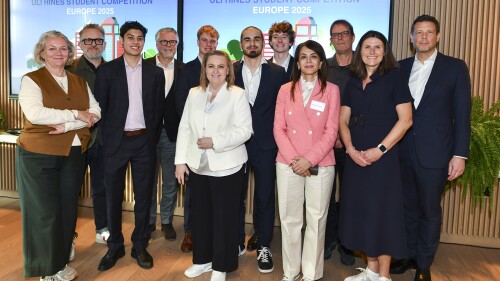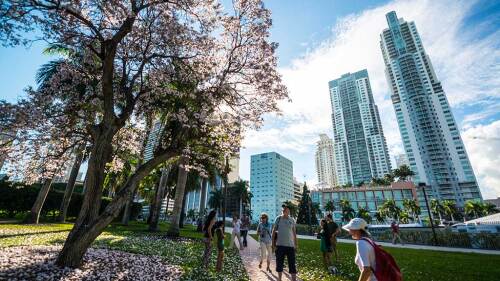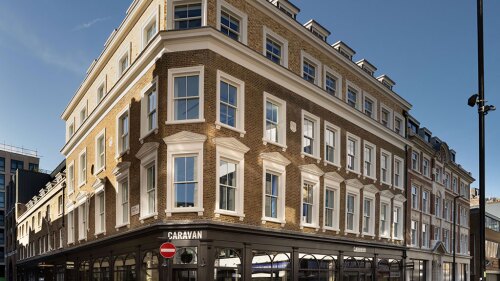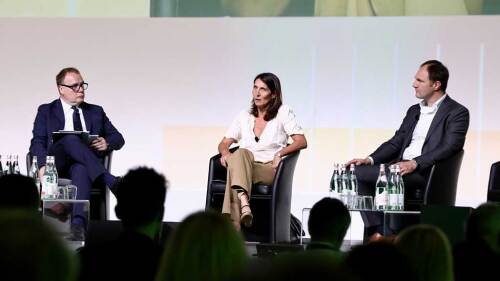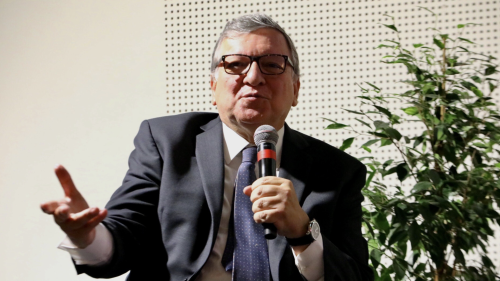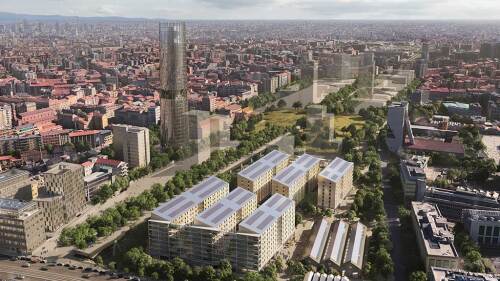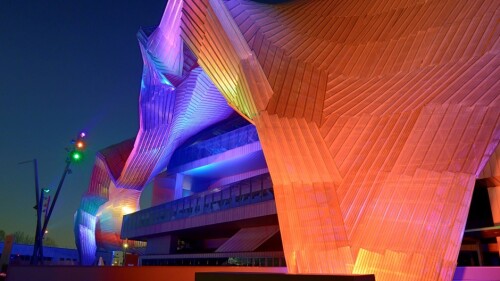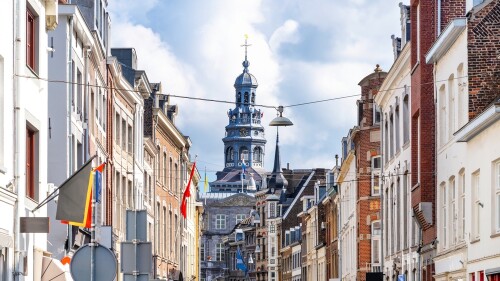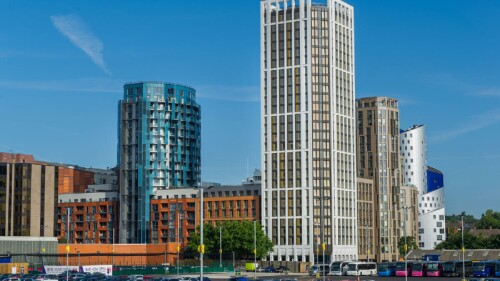ULI Europe
ULI Europe is led by a professional staff team and committed members who volunteer their time. Trustees serve as the high-level leadership group of ULI, responsible for representing and serving as the voice of the broad and diverse membership in substantive matters facing ULI in the execution of its mission. The ULI Europe Executive Committee oversees ULI’s activities across Europe. The committee is led by the ULI Europe Chairman. Each European National Council is led by a Council Chair, who typically serves a two-year term. Activities and programmes for National Councils are driven by a executive committees of local members. ULI’s European Product Councils are co-chaired by members who lead on the programming for each council.
Durkin joins ULI from BlackRock senior leadership, where he held the position of global head of real estate research and strategy. His appointment as CEO Europe marks a continuation of the Institute’s mission and momentum, reinforcing its focus on member value, decision-making relevance, and long-term impact across the built environment at a time of significant change for the industry in Europe and globally.
For almost 200 years, the Warsaw Citadel in the heart of Poland’s capital was a restricted military and administrative area, cut off from public access. With the recent opening of the Polish History Museum, as well as the new Polish Army Museum, the 19th-century fortress’s 74-acre (30 ha) grounds now serve as a multifunctional facility and park that both preserves and showcases the country’s rich cultural heritage.
Steps from the Place de l’Europe in Paris, the French real estate company Covivio has recast a historic telephone exchange as its headquarters. Dubbed “L’Atelier,” the complex showcases the firm’s expertise, values, and culture; houses 250 Paris employees; and supports the company’s three business lines: office, hotel, and residential.
With society and the real estate industry significantly behind on achieving the targets set in the Paris Agreement, and worsening affordability in Europe’s housing, ULI Europe’s C Change for Housing program has launched a landmark interactive systems map and companion report to help the real estate industry identify, co-create, and scale the solutions needed to decarbonize existing and future affordable housing.
Four exemplary real estate projects were named the overall winners of the 2025 ULI Europe Awards for Excellence from this year’s ten finalists. The diverse winning projects include a social housing project in Milan situated on an abandoned office development site, a new secondary school in Brussels developed in a former brewery, a new flexible life sciences hub in Stockholm, and an acute healthcare facility in Birmingham, which is intended as a catalyst for community regeneration.
Data centers have a reputation for high energy use. EcoDataCenter 1 in Falun, Sweden, offers an alternate model: its two data centers, DCA and DCB, derive all of their power from nearby renewable energy sources; 75 percent comes from hydropower and 25 percent from wind.
How a two-week Fellowship by the Holcim Foundation and ETH Zurich turned the EU’s “Renovation Wave” into a practical playbook for policy, finance, and culture.
Ten built environment projects from eight countries across the EMEA region have been announced as the finalists in the sixth annual ULI Europe Awards for Excellence, which recognize exemplary projects and programs in the private, public, and non-profit sectors. This year’s finalists comprise cutting edge refurbishment, restoration and new build projects, and include residential, healthcare, mixed use, education, community, laboratory, and office projects from Italy, Germany, the UK, Belgium, Sweden, Denmark, France, and Spain.
A two-week program, hosted by UCL’s Department of Civil, Environmental & Geomatic Engineering and led by José Torero, Matthew Heywood, and Michael Woodrow, with a cohort of early-career professionals tested the limits of The London Plan and imaged what could lie ahead through a fellowship themed “Innovating Tomorrow’s Resilience.”
Despite geopolitical headwinds, green building regulations continue to gain momentum among local authorities. Many cities have moved beyond reporting requirements to demand practical, asset-level action. Numerous jurisdictions have introduced requirements on net-zero carbon and energy efficiency in buildings, fossil fuel-free heating, embodied carbon, electric vehicle (EV) charging facilities, and climate adaptation measures.
During his keynote speech at the 2025 ULI Europe Conference in London on June 18, Daniel Lacalle. chief economist of Spanish private bank Tressis, told real estate business leaders they should be allocating more investment dollars to hard assets such as real estate. “Hold hard assets like there is no tomorrow,” he said. “Hold onto hard assets as much as you can.”
The awards celebrate a senior leader, a young professional and a DEI champion
Top 10 takeaways from ULI’s Health Leaders Network Alumni Convening in the Netherlands
ULI has launched C Change for Housing, a major new pan-European program designed to mobilize the real estate industry around two of society’s most urgent and interconnected challenges: the climate crisis and housing affordability.
A new ULI report, supported by C Change and Net Zero Imperative, outlines the key barriers to decarbonization, and presents seven guiding principles that address asset stranding risk.
TeamLHBK from the University of Cambridge in the UK has been named the winner of the sixth annual ULI Hines Student Competition—Europe.
ULI Europe is calling for innovators from across the built environment and technology to submit groundbreaking solutions to tackle the dual crises of housing affordability and decarbonization of the built environment, in the ULI PropTech Innovation Challenge (PIC) 2025.
Although ready to commence a new real estate cycle, real estate leaders globally are braced for another challenging year of uncertainty, with lingering inflation, largely driven by factors including geopolitical instability, and persistently higher interest rates in some regions, potentially delaying a hoped-for recovery in capital markets and occupancy metrics. This is according to the Emerging Trends in Real Estate® Global Outlook 2025 from PwC and ULI, which provides an important gauge of global sentiment for investment and development prospects, amalgamating and updating three regional reports which canvassed thousands of real estate leaders across Europe, the United States and Asia Pacific.
In the heart of London’s Covent Garden neighborhood, a complex of five Victorian-era structures—previously housing a seed merchant company, a brass and iron foundry, and a Nonconformist chapel, among other uses—have been restored and adapted into a single, cohesive office building with ground-floor retail and dining space. The three-year restoration preserved the property’s industrial heritage and provides flexibility to meet the needs of today’s workforce.
In the Belgian municipality of Edegem, just a 20-minute bike ride from Antwerp’s city center, a brownfield site that once stored camera film has become a biodiverse, sustainable mixed-use residential and commercial neighborhood.
For two hundred years, the Warsaw Citadel at the heart of Poland’s capital was a restricted military and administrative area, cut off from public access. With the recent opening of the Polish History Museum, as well as the new Polish Army Museum, the 19th-century fortress’ 74-acre (30 ha) grounds now serve as a multifunctional cultural and educational facility and park that preserves and showcases the country’s heritage.
The global head of corporate real estate at one of the world’s biggest banks told attendees at the 2024 ULI Europe Conference in Milan that a lack of sustainable office assets is “one of the biggest challenges” the company faces.
The former head of the European Commission told ULI real estate leaders that global tensions will continue to shape their day-to-day decisions.
Milan’s Olympic Village is being built now in preparation for the Milan Cortina 2026 Winter Olympics and Paralympics. Developers and designers have high hopes for the complex’s third act as a hyper-sustainable, 1,700-bed student housing project and anchor for a new city park.
Preserve will enable the consistent assessment and measurement of climate transition impacts in real estate investment models.
Collaboration showcases cutting-edge tech solutions to key real estate challenges.
Program to combine in-depth real estate value chain expertise with key leadership skills.
Regulatory environment among the barriers to more adoption of modular construction techniques in Europe.
During the 2021 ULI Virtual Europe Conference in February, Marnix Galle, chairman of ULI Europe, sat down with Philippe Close, the mayor of Brussels, Belgium.
ULI MEMBER–ONLY CONTENT: In the closing session of the 2021 ULI Virtual Europe Conference in February, a panel considered the impact that the COVID-19 pandemic would have on cities in both the short term and the longer term.






